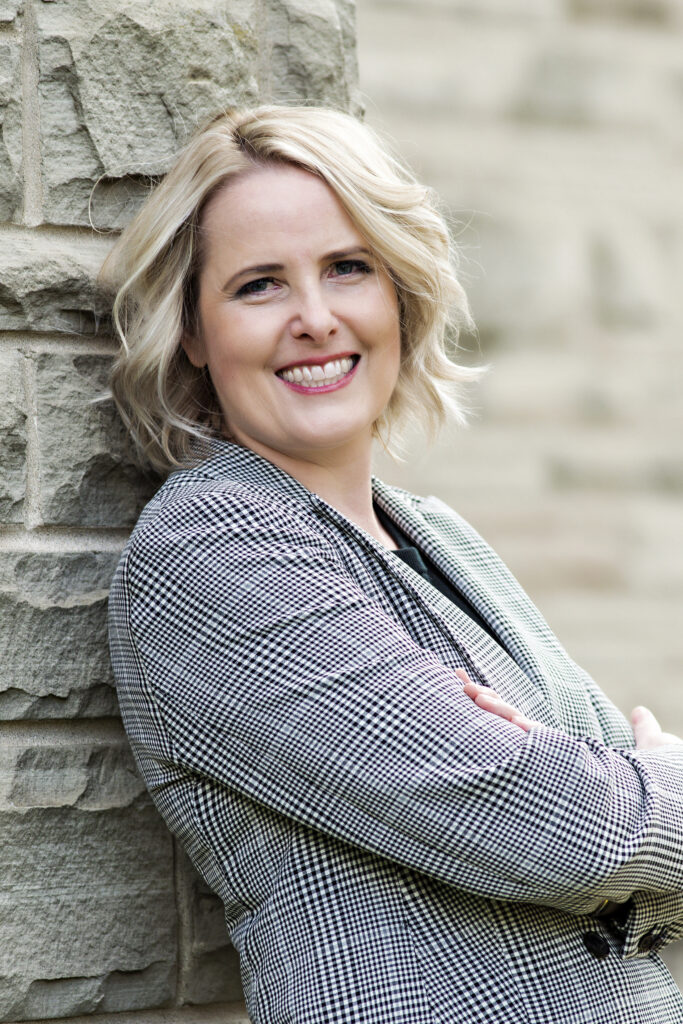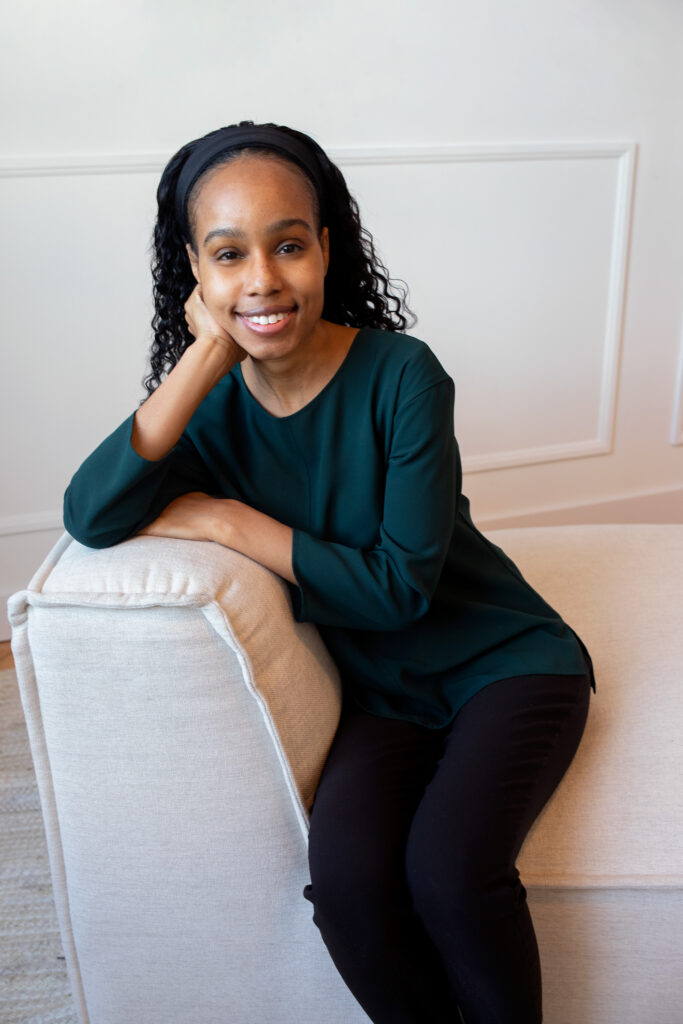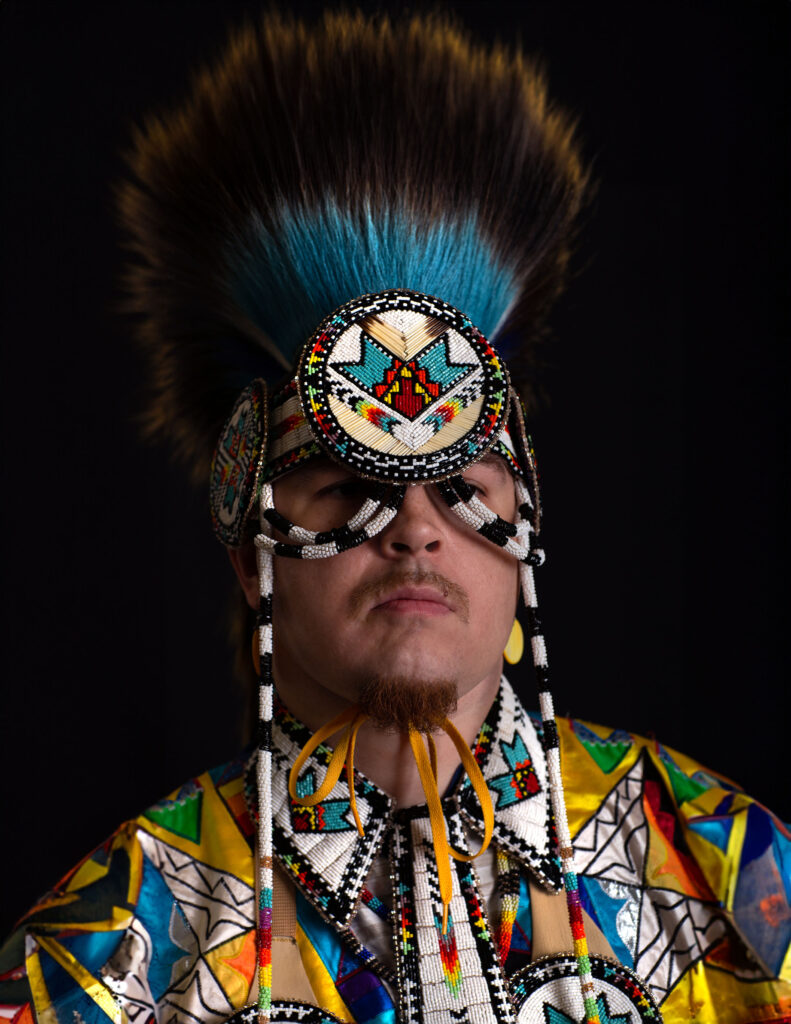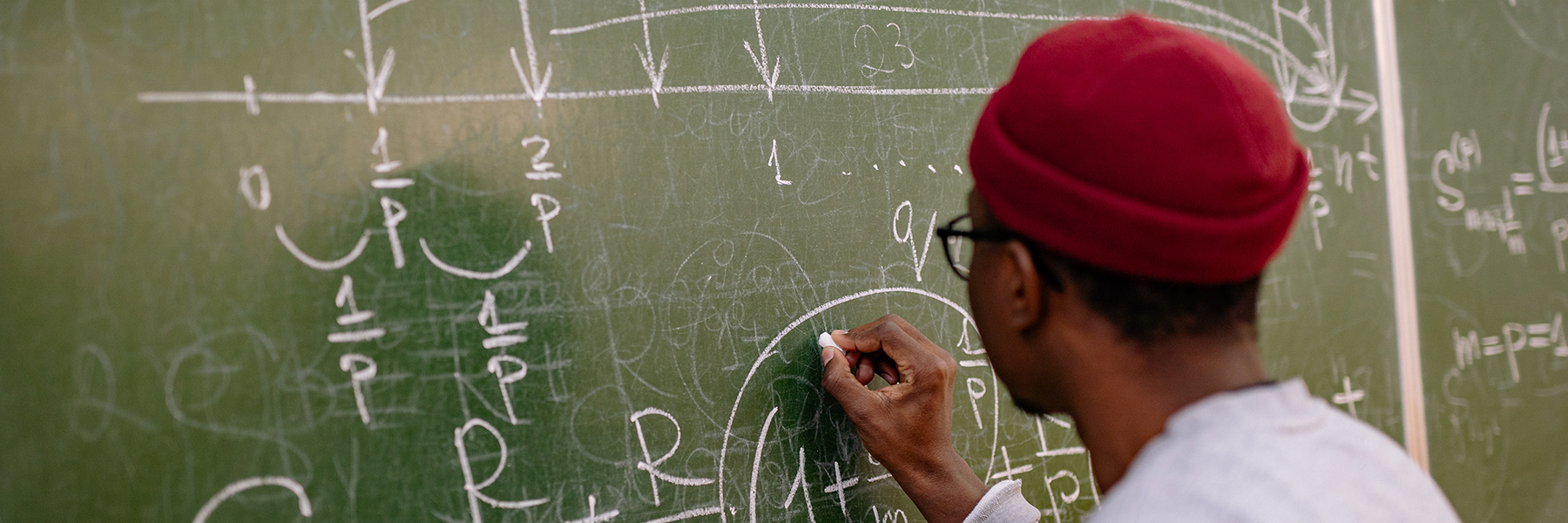This story is published in YFile’s New Faces feature issue 2023. Every September, YFile introduces and welcomes those joining the York University community, and those with new appointments.
The York University Faculty of Education welcomes two new faculty members this fall.
“We are thrilled to welcome three new colleagues: Mary Ott, Stephanie Fearon and John Hupfield,” says Faculty of Education Dean Robert Savage. “Each are respected scholars and teachers in their particular fields of study. They bring a talented range of expertise to the Faculty of Education and we very much look forward to their new ideas, perspectives and contributions, as well as the actions they will take towards our ongoing mission of reinventing education for a diverse, complex world.”

Mary Ott
Mary Ott is an assistant professor in the Faculty of Education. An award-winning scholar of curriculum studies, Ott’s background as an elementary teacher and special education specialist brings a passion for helping learners and educators to thrive to her research. Drawing on sociomaterial and complexity orientations, she explores how curriculum design and pedagogy might expand possibilities for learner and teacher agency and well-being, and the roles that space, time and materials play in these processes.
Her current work investigates how teachers are adapting and innovating their pedagogies for early-reading instruction. Ott’s graduate work garnered a Social Sciences & Humanities Research Council (SSHRC) Bombardier Canada Doctoral Scholarship for critical work at the intersection of curriculum making and 21st-century literacies, while research on the effects of a curriculum innovation in medical education earned a best paper award at the International Conference for Residency Education and was featured on the PAPERs (Professionals & Academics Parsing Educational Research) podcast.
Ott’s expertise in qualitative methods and interdisciplinary research makes her a sought-after collaborator, from a project with bioethicists to improve informed consent for organ donation through multimodal communication strategies, to an SSHRC-funded study to develop equitable reading pedagogies. Ott completed her PhD in curriculum studies at Western University with a focus on multi-literacies, and postdoctoral work in health sciences education in the Schulich School of Medicine & Dentistry at Western University. She also holds an appointment as a centre researcher in the Centre for Education Research & Innovation at Western.

Stephanie Fearon
Stephanie Fearon joins York University’s Faculty of Education as the inaugural assistant professor of Black thriving and education. Her research draws on Black storytelling traditions to explore the ways that Black mothers and educational institutions partner to support Black student well-being. Fearon uses literary and visual arts to communicate – in a structured, creative and accessible form – insights gleaned from stories shared by Black mothers and their families. Her publications have appeared in several scholarly journals, including Canadian Journal for the Study of Adult Education, Canadian Review of Sociology/Revue canadienne de sociologie, and Journal of African American Women and Girls in Education.
Fearon has worked in public education systems for nearly 15 years, assuming teaching and leadership positions in France, Guadeloupe and Canada. Most recently, she was the program co-ordinator for the Equity, Anti-Racism and Anti-Oppression Team and the Model Schools for Inner Cities Department at the Toronto District School Board. In this role, she provided leadership to administrators and system leaders in implementing policies and practices that promote student academic achievement, well-being and belonging in schools.

John (Waaseyaabin) Hupfield
John (Waaseyaabin) Hupfield is Anishinaabe from Wasauksing First Nation. He has been grassdancing for over 15 years and travels the powwow trail extensively during summers with his family.
His research looks to centring lived-learned experiences and collective knowledge-generating practices through the Miikaans mobile research lab. The Miikaans lab is currently working to articulate the critical importance of Indigenous movement as method, processes of ethical relationality and kin-making, and Anishinaabeg places of teaching and learning in mapping life’s trails.


